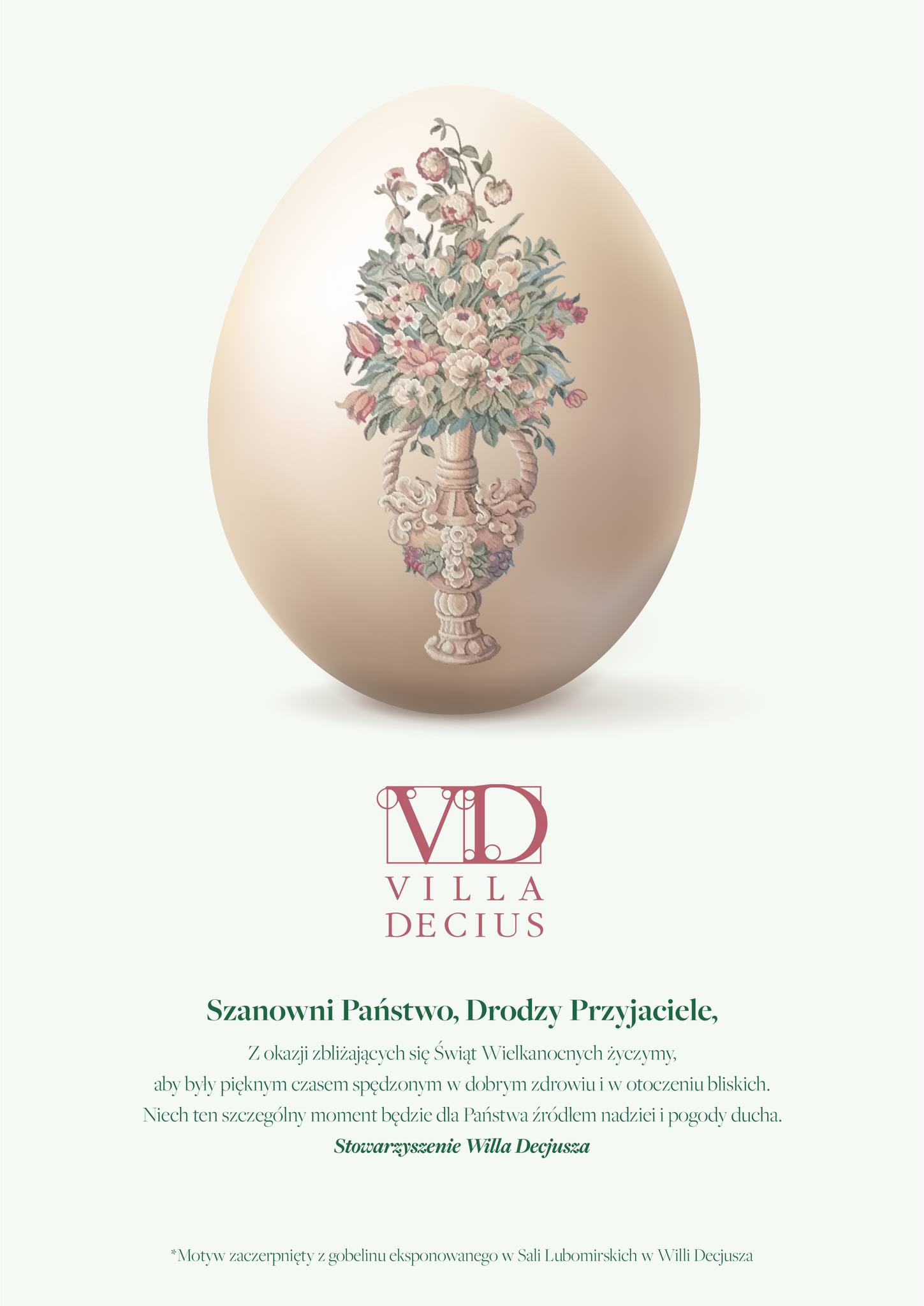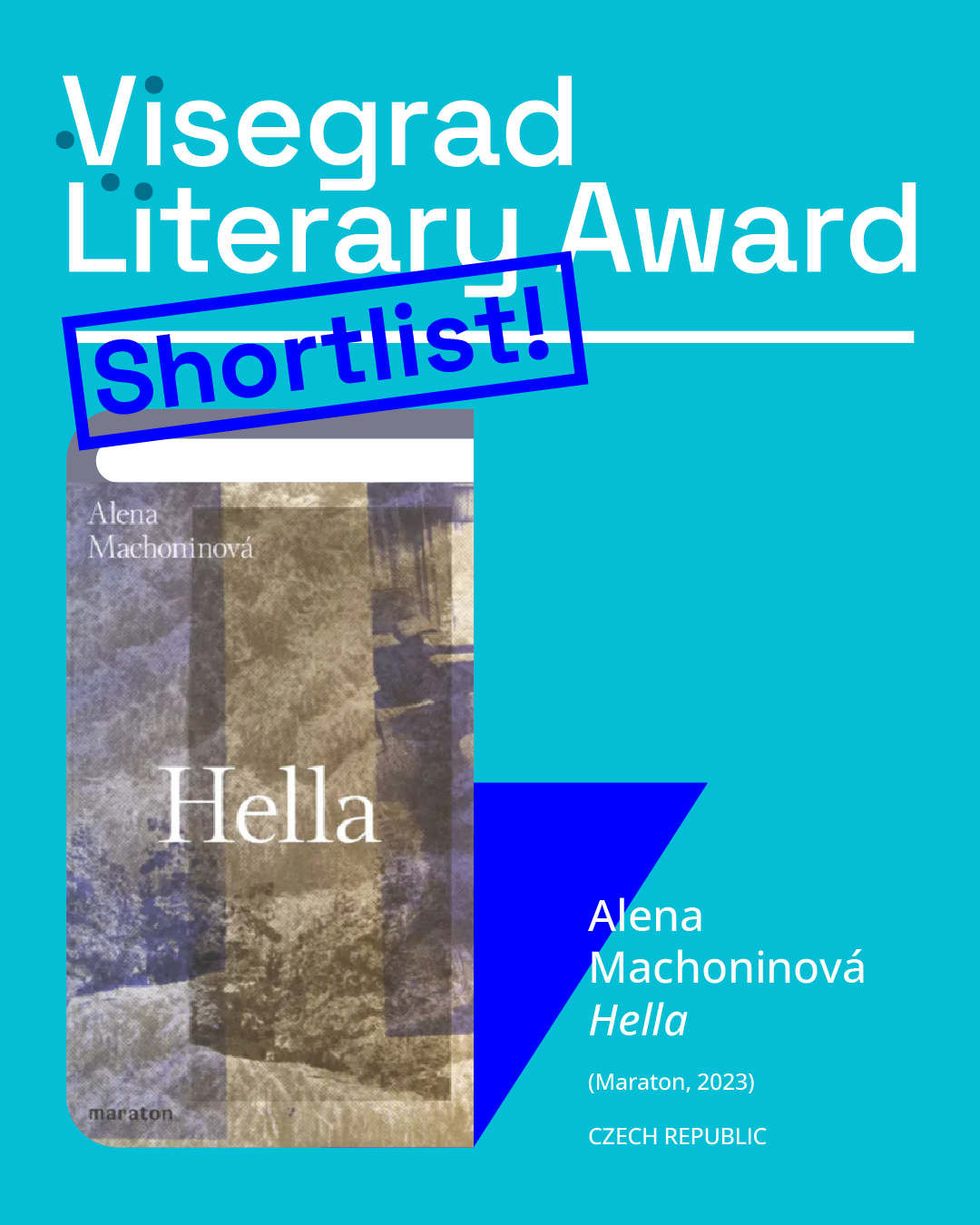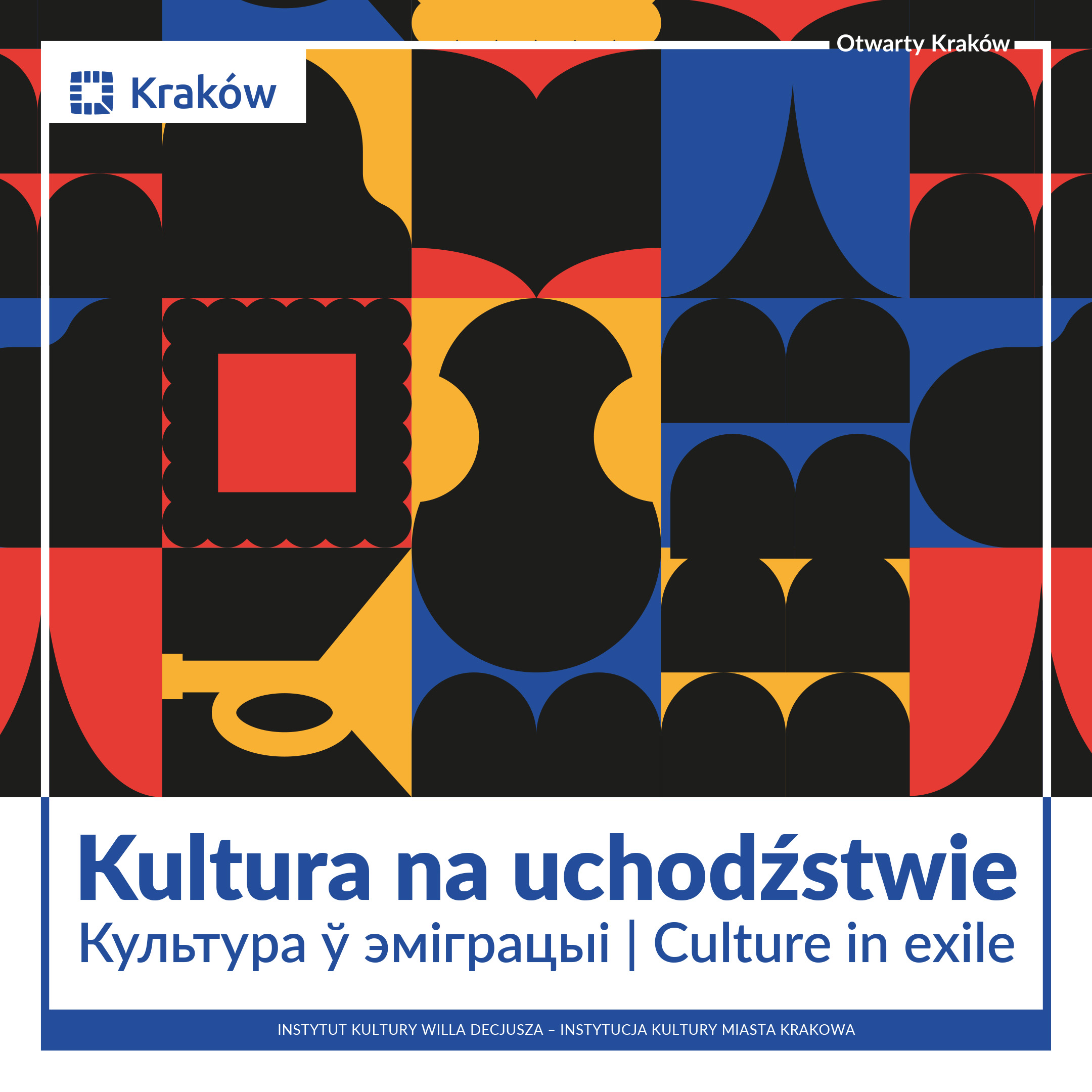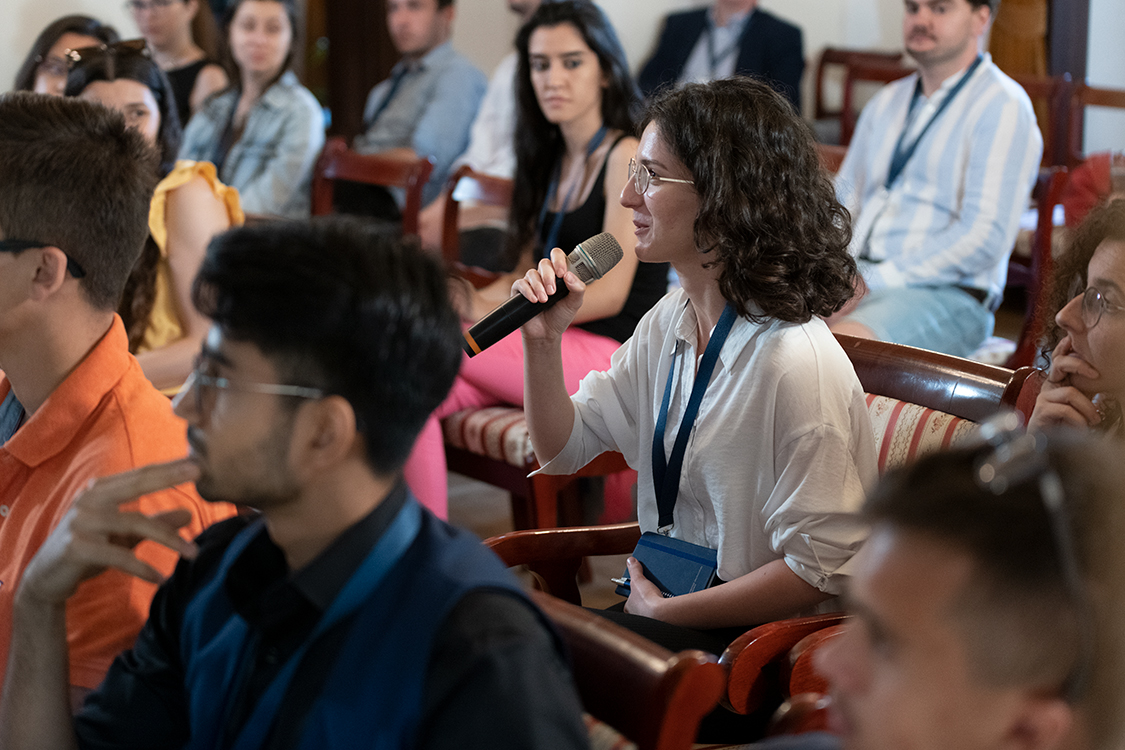Ivana Gibová’s novel Babička© (Grandma©) is currently the most awarded prose in Slovakia. It has been recognized by major literary awards, academic literary criticism, but also by many readers who are otherwise not very interested in artistic prose. It is for demanding readers who are looking for depth of thought and stylistic originality in literature, but also for those who just want to emotionally identify with a strong story.
It takes place somewhere in a small-town housing estate in eastern Slovakia in a seemingly ordinary local family. It is a delicate drawing of intimate interpersonal relationships, but at the same time a brutally honest, even shocking, revelation of the terrifying undercurrents hidden beneath small-town family existence – from alcoholism, emotional manipulation to sexual abuse.
The captivating dynamics of the narrative, which perfectly imitates the spontaneous speech of an adolescent girl, is in fact still guided by a well-thought-out authorial strategy. This is also why Gibová’s prose from the (Eastern) Slovak periphery is universally understandable. It is admittedly local, but also confidently global.
Peter Darovec, Member of the Visegrad Literary Award Jurya
Ivana Gibová (1985) graduated from the Department of Slovak Language and Literature at FF PU. She made her debut with the collection of short stories “Usadenina” (2013), which as a manuscript won the Debut 2011 competition. The second book “Bordeline” (2014) became a model for the Stoka Theater and the Nekroteatro Theater. The book “Barbora, boch & katarzia” (2016) was nominated for the Anasoft litera 2017 award; won the René Anasoft high school letter and was nominated for the Ján Johanides Prize. The comics-short stories book “Eklektik Bastard” (2020) was nominated for the Anasoft litera award, won the Panta rhei awards and the Tatrabanka award. Her last book “Babička©” (2023) won the Anasoft Litera Award and the Tatrabanka award.
International Visegrad Fund, Národní institut pro kulturu, Slovenské literárne centrum, MNMKK – Petőfi Irodalmi Múzeum




